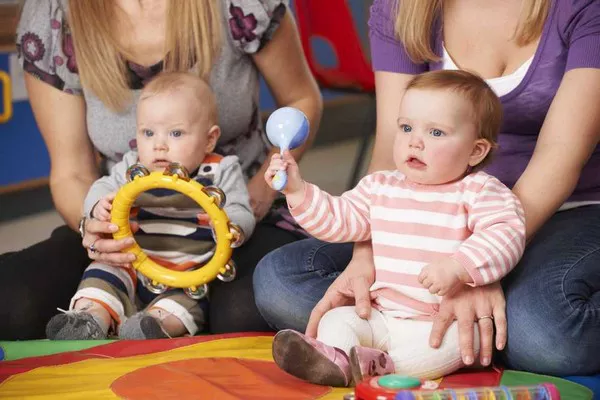As babies grow and develop, they encounter numerous new experiences and faces. However, some babies exhibit fear and anxiety when confronted with unfamiliar individuals, a common phenomenon known as “stranger anxiety.” While this behavior is a normal part of a child’s development, it can be concerning for parents. In this comprehensive guide, we will explore the causes and signs of stranger anxiety in babies, the importance of addressing it early on, and effective strategies to help your baby overcome this fear.
What is Stranger Anxiety?
Stranger anxiety is a typical stage in a baby’s cognitive and emotional development, usually manifesting around six to eight months of age. It is a healthy response, as it demonstrates that your baby is forming secure attachments to primary caregivers. During this phase, babies become increasingly aware of their surroundings, making them more cautious about new faces and environments. Although it might be disconcerting to see your baby react fearfully to strangers, it is crucial to remember that it is a sign of healthy attachment.
Identifying Stranger Anxiety in Your Baby
Recognizing the signs of stranger anxiety is essential for addressing the issue effectively. Some common signs include:
Crying or Whimpering: When confronted with an unfamiliar person, your baby may start crying or whining, seeking comfort and reassurance from you.
Clinging Behavior: Babies experiencing stranger anxiety tend to cling tightly to their primary caregivers, refusing to be held by others.
Avoidance: Your baby may turn their head away or bury it in your shoulder to avoid making eye contact with the stranger.
Anxious Body Language: Tensed body posture, thumb sucking, or sucking on a pacifier can be indicative of your baby’s anxious state.
Why It Is Essential to Address Stranger Anxiety
While stranger anxiety is a natural response, allowing it to persist without intervention can lead to potential issues in your child’s social development. Unresolved anxiety might result in excessive shyness, difficulty forming new relationships, or hinder their ability to adapt to new situations. By addressing this anxiety at an early stage, parents can help their babies develop healthier social skills and emotional well-being.
Strategies to Help Your Baby Overcome Stranger Anxiety
Create a Safe Environment: Ensure that your baby feels safe and secure in their immediate surroundings. A familiar environment can act as a protective cocoon when confronted with new faces.
Gradual Exposure: Introduce your baby to new people in a gradual and controlled manner. Start with familiar faces present and increase exposure over time.
Remain Calm and Reassuring: Babies can pick up on their parents’ emotions. Stay calm and provide positive reassurance when your baby encounters a stranger.
Encourage Social Interaction: Organize playdates or gatherings with other parents and their babies to provide opportunities for social interaction in a comfortable setting.
Lead by Example: Demonstrate positive social interactions with others, as babies often imitate their parents’ behavior.
Engage in Play: Play games that involve peek-a-boo or hiding behind objects, gradually introducing the concept of temporary separations.
Avoid Forcing Interactions: Respect your baby’s limits and avoid pressuring them to interact with strangers before they feel ready.
Be Patient: Stranger anxiety is a phase that will likely pass with time and supportive parenting. Be patient and understanding throughout the process.
Professional Support
If your baby’s stranger anxiety seems excessive or is causing significant distress, consider seeking professional support. Pediatricians, child psychologists, or family therapists can offer valuable guidance tailored to your baby’s specific needs.
Conclusion
Stranger anxiety is a natural and essential part of a baby’s development. By understanding the underlying causes and identifying the signs, parents can provide the necessary support to help their babies overcome this phase successfully. By creating a safe environment, practicing gradual exposure, and being patient and reassuring, parents can foster healthy social development in their babies and lay the foundation for confident and secure individuals in the future. Remember, addressing stranger anxiety with love and care will go a long way in supporting your child’s emotional well-being.


